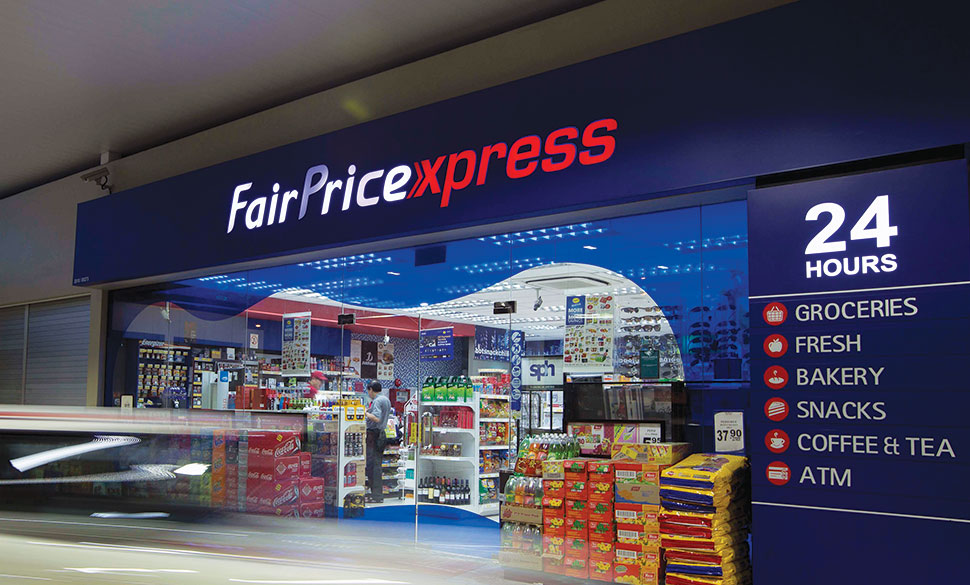Following the recent corruption case involving two former team leaders of FairPrice, questions have been raised concerning the adequacy of the imposed penalties and the potential shortcomings in FairPrice’s internal management.

One key concern is whether the penalties are too lenient, given the substantial bribes received by the accused individuals. Another pressing issue involves the company’s internal management—how could such corruption persist for so long without being detected?
To improve its image and restore consumer confidence, FairPrice should proactively implement measures to strengthen its internal supervision and promptly identify and correct potential issues. Additionally, the company should regularly organize anti-corruption and professional ethics training for employees to enhance their legal awareness and moral standards.
Meanwhile, the government and various sectors of society should also pay close attention and intensify efforts to combat corrupt practices. Apart from reinforcing legal sanctions, combating corruption can also be achieved through refining laws and regulations and cultivating a morally upright social environment.
In response to the incident, FairPrice stated that it has thoroughly reviewed its procurement processes and implemented necessary actions to strengthen control and governance. The company emphasized its commitment to operating with integrity, enhancing its management capabilities, and effectively fulfilling its promise to moderate the cost of living in Singapore.
Following this corruption case, FairPrice faces the challenge of not only winning back consumer trust but also ensuring the effectiveness of its internal management to prevent similar incidents from occurring again. Only through continuous improvement and strengthened management can FairPrice stand out in the highly competitive market and provide better services to Singapore’s consumers.
